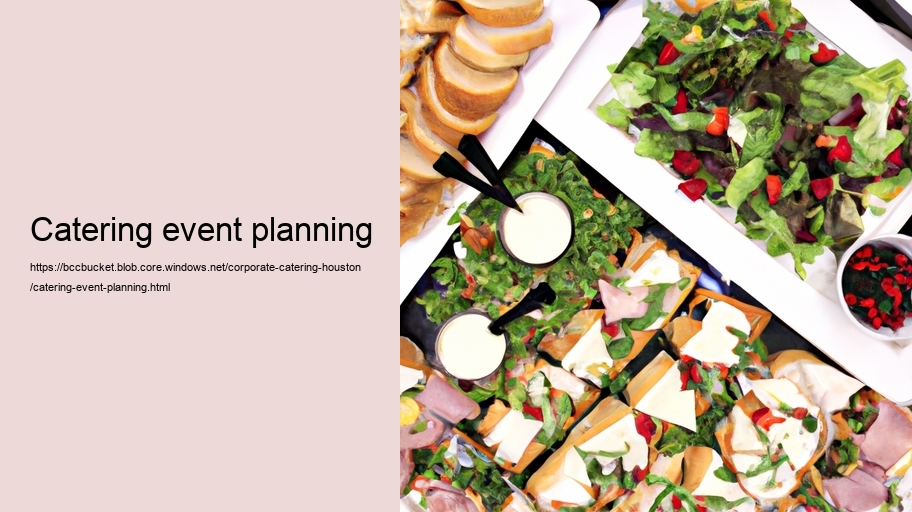Catering event planning is a multifaceted art that combines the joy of hospitality with the meticulousness of project management to create memorable occasions for guests. At its core, it involves the coordination of food and beverage services for various types of events, ranging from intimate gatherings to grand celebrations. The essence of successful catering event planning lies not just in serving delectable dishes but also in orchestrating an experience that resonates with the client's vision and delights attendees.
The journey of catering event planning begins with understanding the client's needs and preferences. Every client comes with a unique set of expectations, which may include specific themes, dietary restrictions, or cultural considerations. The planner must listen carefully and ask probing questions to ensure every detail is captured. This initial phase sets the tone for the entire event and requires excellent communication skills to translate ideas into actionable plans.
Once the groundwork has been laid out, menu development takes center stage. This creative process demands both culinary expertise and an awareness of current trends in food and beverage. Chefs collaborate with planners to craft menus that reflect the occasion’s style while also accommodating any special requests or dietary needs. Whether it’s sourcing local ingredients for a farm-to-table dinner or designing an international buffet, this step is crucial in creating a sensory journey for guests.
In addition to menu selection, logistics play a pivotal role in catering event planning. Venue selection influences many aspects such as kitchen facilities availability, guest flow during service, and even the type of equipment needed for food preparation and presentation. Planners must conduct site visits to ensure compatibility between venue capabilities and event requirements.
Coordination with vendors is another critical component of effective catering event planning. From tableware rentals to floral arrangements, each element must be harmonized to achieve cohesion in aesthetics and function. Timelines are established for delivery, setup, service, and breakdown—each meticulously timed segment contributes significantly toward seamless execution on the day of the event.
As plans begin taking shape, budget management becomes increasingly important. Catering planners must balance clients' desires with financial constraints—a task requiring negotiation skills and resourcefulness. Identifying cost-saving opportunities without compromising quality is integral in delivering value while adhering to fiscal guidelines provided by clients.
On the day itself, impeccable execution is paramount—this is where all prior planning faces its ultimate test. Teams work tirelessly behind-the-scenes ensuring each dish leaves the kitchen at peak perfection while front-of-house staff provide attentive yet unobtrusive service to guests’ delight.
However complex or straightforward an occasion might be; flexibility remains essential throughout every phase as unexpected challenges can arise even with thorough preparations.
To conclude, catering event planning isn’t simply about arranging meals—it’s about crafting experiences that leave lasting impressions on everyone involved: from satisfied clients praising your attention to detail; delighted guests reminiscing about exquisite flavors; proud chefs knowing their creations were savored; dedicated staff feeling valued for their contributions—all these resonate beyond one mealtime gathering into enduring connections fostered by shared moments around tables well served.
